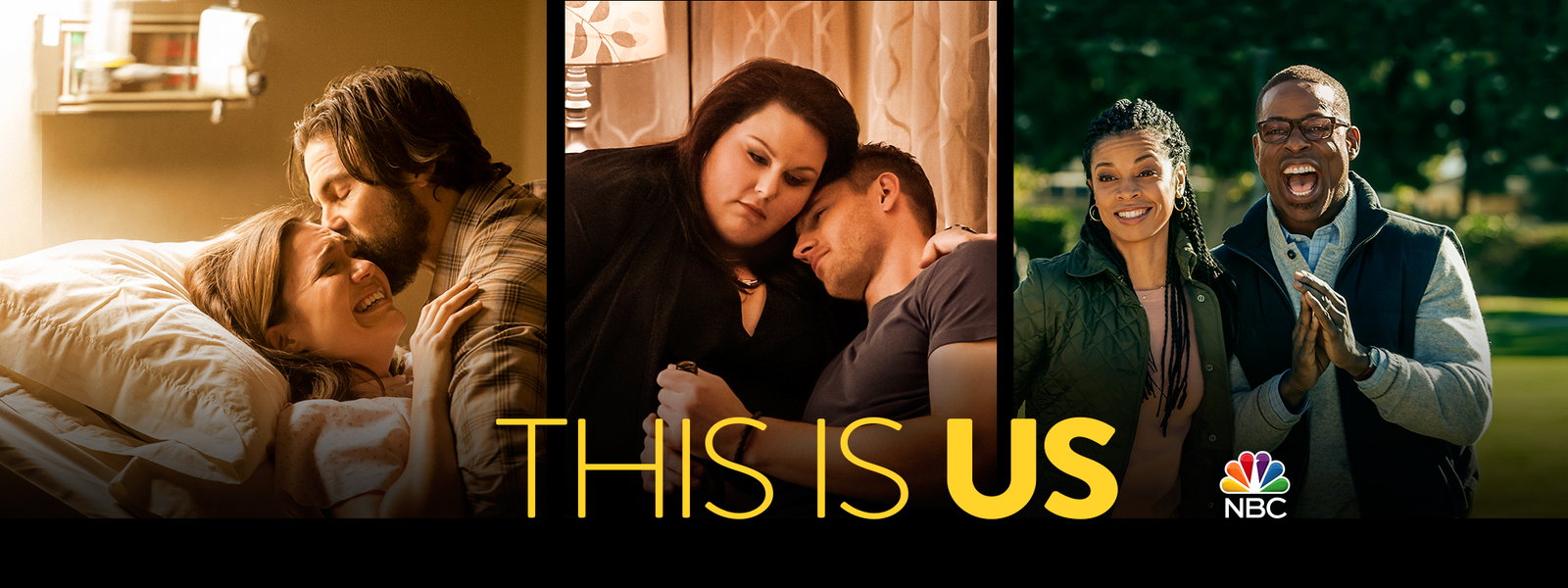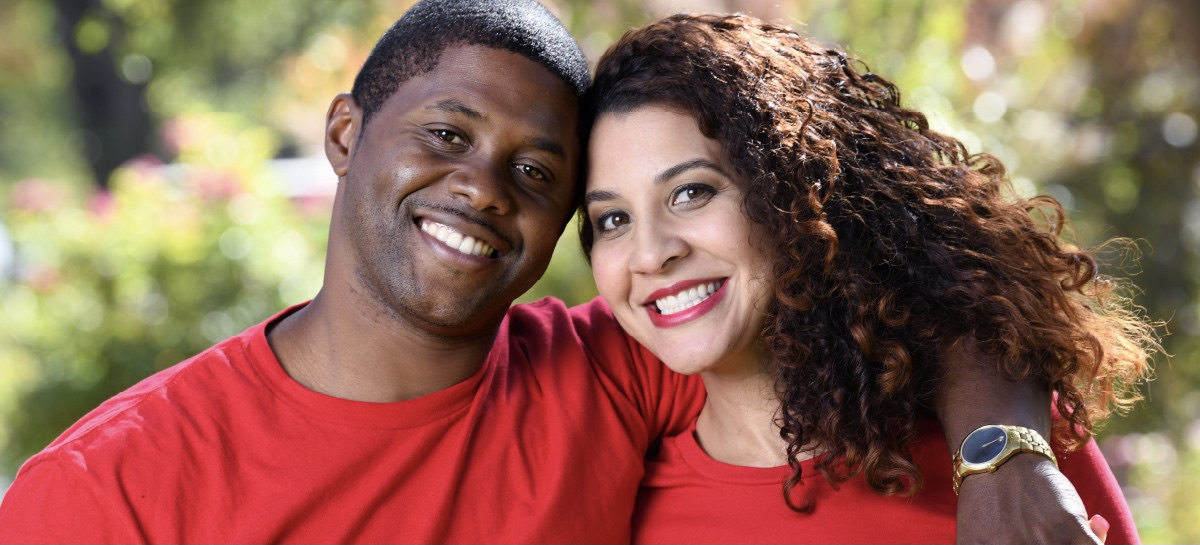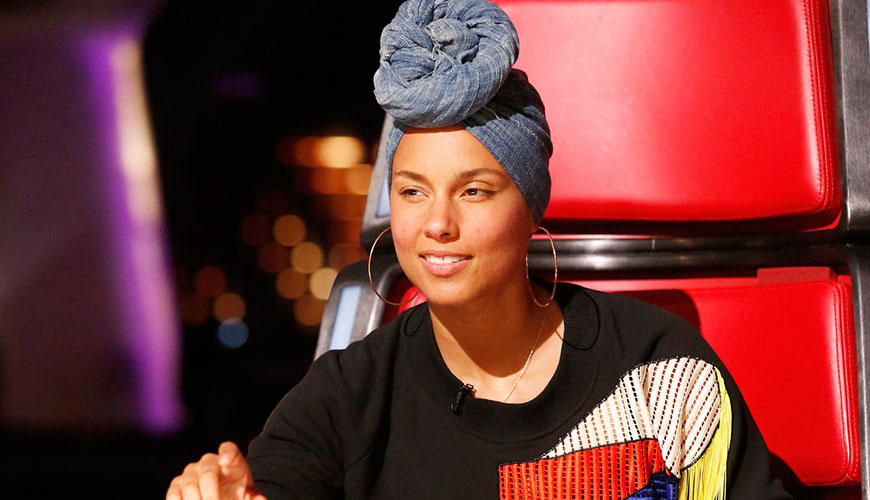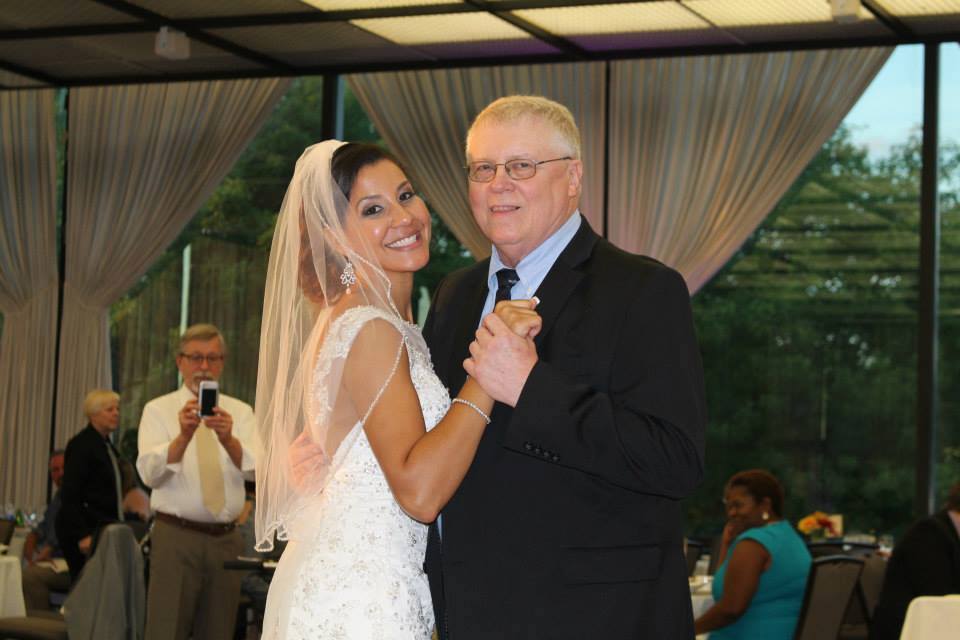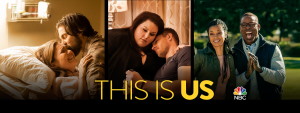
The new show on NBC, “This is Us” is a breakout hit this fall. It follows the life of three siblings, who were brought together by fate. There’s the pair of Caucasian twins, who were originally triplets but the third baby died during delivery. And there’s Randall, an African-American baby who was born the same day as the twins who then gets adopted by the twins’ parents because his own biological parents weren’t in a position to take care of him.
And like most families, all of the siblings have their own issues. I think the magic to the show is how well they address all of their different complexities and family dynamics. It’s vulnerable and unapologetically honest.
I’m especially freggin’ excited that they have a family that looks like mine in mainstream media (3 kids: 2 white, 1 black and adopted) and they talk about the real issues that an adoption and interracial family may deal with.
How real are these issues?
Well, if you’re already experiencing a “This is Us” withdrawal since last week’s finale and ever wondered how true-to-life Randall’s behavior is, I’d like to shed some light on it. If you haven’t caught up on the episodes, proceed with caution because I do share some details… (You can catch up on previous episodes at NBC’s website here). Here are some my favorite moments from the show that I actually experienced as the “Randall” in my family.
1. As a Kid I Wondered if Strangers I Met Were my Birth Parents
From the Show: Throughout the show we learn that Randall has always had a desire to know his birth parents, well mostly his birth father. The ninth episode, “The Trip”, actually shows Randall very actively seeking his birth parents out as a child by asking them if they can roll their tongue, like him. (Tongue rolling is a genetically inherited trait so it could only be passed on by people biologically related to him). I remember wondering about this too—my birth parents, not tongue rolling—even as young as three or four years old. I know I was that young because we still lived in West Virginia at the time.
My Real Life Experience: I remember being on the playground at the park thinking that any of the moms around me, at any time, could be my birth mom. I would make it a point to draw attention to myself so that they would notice me. So I wasn’t sticking my tongue out like Randall did to strangers but I was definitely very loud and extra dramatic while playing. This was very much for the purpose of being noticed.
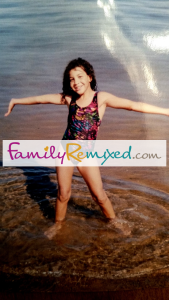
[Side note to parents with kids who have “abnormal” behavior, it may not be bad intentioned but worth discussing to identify what the root cause is…] I would do cartwheels and big twirls and arm swings like something out of an African dance to draw attention to myself. And I was always certain to play around the entire playground so that everyone there got a good look at me, just in case they would recognize me.
Takeaway: I didn’t do this because I was looking to replace my mom or my parents. I was just curious about the woman who made me in her body. What features did she give me? Were there details about my birth father she could give me? What was her story? I couldn’t articulate all of that at four years old of course, but as I reflect, I know my motivation was to understand my whole situation better and not to trade out my parents. Never in a million years, would I replace my parents. Ever.
So for all adoption parents out there (including my own), don’t worry because this desire to know our birth parents (in most cases) is connected to a deeper desire to know ourselves better and not a reflection of you. And as children we may express this desire in sometimes unusual ways.
2. Counting Other Black People I Encountered…
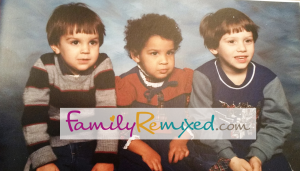
From the show: During “The Pool” episode you see Randall writing tally marks in a notebook counting something that wasn’t yet clear. Later in the episode we learn he was counting the black people that he would encounter. So you may ask yourself, is it really that exciting to encounter people who look like you. I mean what’s the big dea, really?
Well sociology research shows a lot of positive influence for youth. One study notes how“race and gender matched role models also provide concrete information to young people regarding what is possible for them as members of specific social groups.” (Griffiths, 1995; Robdst, et al.,) Read full study here.
So it’s easy to understand why kids get excited to see people “who look like them” in their environment.
My Real Life Experience: I definitely started a count too, though it wasn’t until high school. That’s when other kids in my small community started to become reckless with their conversations on race. And I started to really feel the “burden” of being one of the very few black examples. I think I started counting out of desperate hope to find more people I could relate to on that level. A “If you build it, they will come” mentality but “if you count them, they will come.” In fact, even one of my closest girls stepped up to help me. (Thanks Danielle!) It was as if each new person of color validated my own existence in a way. Like, “Hey we do exist. We may not live in this small town but we’re here. And we’re making it. And you’ll go on and make it too!”
I grew up in an area that was 96% white so anyone who had a drop of melanin often stood out, me included (yes, even me). Still, after six-eight months we still only counted 36 black people that had been sighted. This number included the other six black students too. And I’m fairly certain that most of the people Danielle and I sighted were people just passing through. That was the year I finally understood why the other black family who happened to move in on my street in elementary school, didn’t stay more than 2 years.
Takeaway: It’s hard to feel like the only one. It’s hard to be the only one—of anything. Having role models or examples who are similar in race and gender helps young people understand their own possibilities and potential. It also helps to have peers who can understand your struggles and your joy through shared experiences. Make sure your kids have a substantial support group that includes gender and racially matched examples for them.
3. We Were Parented Differently… And That’s a Good Thing
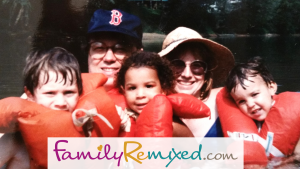
From the show: In the “Career Days” episode we’re introduced to some of Randall’s unique strengths. He holds a career as a weather commodities trader (“A what?”) And flashbacks show us that he’s always stood out as being gifted and highly intelligent. This episode also shares some of the deeper struggles Randall faces as a kid because he’s become aware that it’s more than his skin color that makes him different from his siblings. And Randall hates being different from his siblings. I completely understood how Randall hated that there were now even more differences between him and the twin siblings. When you so badly want to feel like you belong to your family, every little bit that you’re the same or alike, really means something to you. Randall attempts to reduce his differences academically by intentionally getting poorer grades. When Randall’s dad, Jack, calls him out on it, he explains that he did it because he doesn’t want to stand out and make his siblings feel bad. After some deliberation, Randall’s parents make the decision to encourage his gifts and his differences. Ironically, in the effort to have Randall feel the same, they were actually working against his strengths. Even though that meant paying more money (and sacrificing Jack’s own entrepreneurial dreams) to send Randall to a private and more academically challenging school, because that’s what Randall needed.
My Real Life Experience: Raising multiple kids can be tough. And I can imagine it’s that much tougher when you have kids who are close in age with very different needs and strengths. It was a fair challenge for my parents too, but I think they handled it really well…most of the time. So, my older brothers are also adopted, like me, and we are very close in age. My brother Rob is actually only 24 days older than me so I often feel like we grew up like twins. And like the Pearson family, we all have very different personalities. Rob and I couldn’t be more different actually. I thrive on being social and Rob craves his quiet time by himself. I’m very competitive and athletic and Rob wanted very little to do with sports. He’s incredibly gifted musically and I’m almost tone deaf. He’d hope to de-escalate playground fights, I’d go looking for one if someone was bullying. So, polar opposites. And my parents made it clear that we had different needs so they were going to parent us according to what each of us needed. Maybe that’s because we all had different biological sources and my parents really didn’t know what to expect with each of us. They just had to figure it out as they went (as most parents do, I imagine). Or maybe they had a pivotal moment like Jack and Rebecca, I don’t know.
But because we all were treated uniquely, in a weird way it actually made me feel less different. We all were treated with the same fair, firm love. Fortunately, I think we all ended up with healthy self-esteems and a reasonable foundation of praise and acknowledgements for our own talents.
Takeaway: Treat the kids the same but parent them differently.
Were there any moments in the show that you and your family could especially relate to? Did you do any of these things like Randall too? Are there other moments that seemed completely relatable or totally weird to you? I’d love to hear your feedback! Please comment below and share!
Catch up on previous episodes of This is Us at NBC’s website here.

